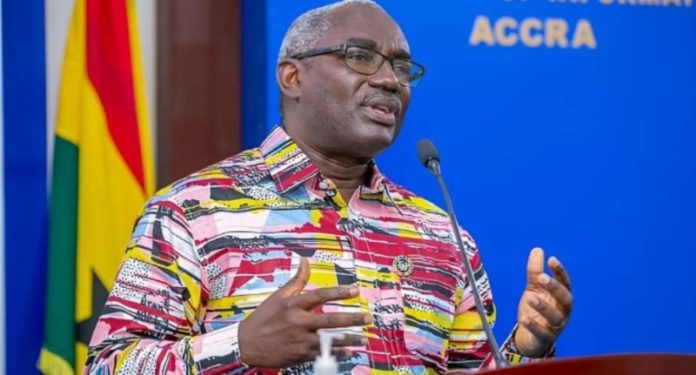The National Development Planning Commission (NDPC) has completed a 32-year-long term national development perspective framework to guide the development of all sectors of the country.
The launch is set for today, May 28, 2024.
To be known as Ghana Vision 2057, it comes as a framework, and unlike plans which are associated with rigidities, gives flexibility to the government in power to rely on its unique development concepts and persuasion to achieve the targets within a stipulated time.
According to reports, with eight chapters, the Long-Term National Development Perspective Framework aims to guide the nation to identify and develop one growth pole in every region to drive local development.
It will also ensure an agriculture-industry linkage, help to harness the arts and culture potential for national development and reduce the housing deficit to 300,000, from the current 1.8 million, Graphic Online learnt.
The framework, which mirrors all development plans of the country over the years, will be launched at the Cedi Conference Hall of the University of Ghana.
Nana Dr S. K. B. Asante will launch the document which sunset coincides with the 100th anniversary of the country, which falls on 2057.
Article 35(7) of the 1992 Constitution states that “As far as practicable, a government shall continue and execute projects and programmes commenced by the previous governments.”
The organisation charged with development planning for the country is hoping to make the document different from the typical development plans that the country has been generating since 1920.
The Chairman of NDPC, Professor George Gyan-Baffour, at a media engagement ahead of the launch said Ghana Vision 2057 was not a binding document on any sitting government but the commission was hoping political parties and their governments would be attracted and encouraged by the succinct and flexible framework.
He explained that upon extensive consultations it was decided that the major reason why development plans did not stand the test of time was because they contained rigid prescriptions.
“This is a framework that has goals, objectives, strategic direction and targets. Generations are free to choose what will help them to achieve the goals and targets,” Prof. Gyan-Baffour said.
The Director-General of NDPC, Dr Kodjo Esseim Mensah-Abrampa, said the framework was conceptualised after COVID-19, which came along with a lot of lessons.
He said one of the issues that came up was striking a strong linkage between plans and the national budget which the framework sought to achieve.
“So we are in tune with the Ministry of Finance and we have worked with a lot of institutions to be able to come up with this,” Dr Mensah-Abrampa explained.

